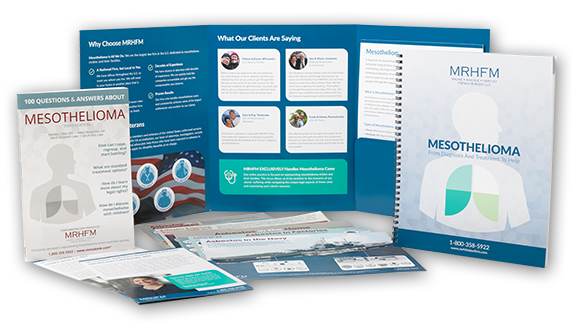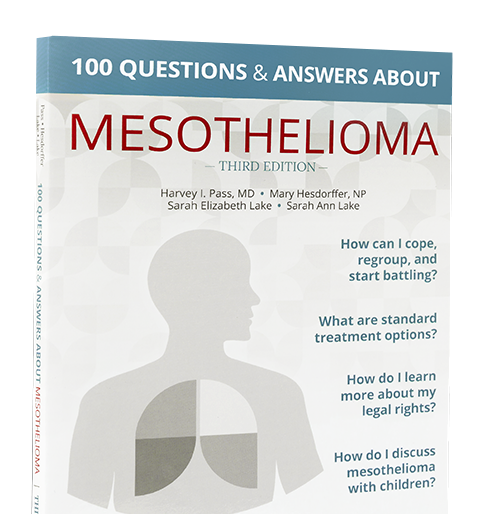Could an investigational drug increase survival in peritoneal mesothelioma patients? Based on the long-term survival of several patients who relapsed after chemotherapy treatments, and were given the drug called apitolisib, researchers say yes. The small molecule drug, which inhibits certain cell signaling pathways, has been used in trials studying the treatment of solid cancers, breast cancer, endometrial carcinoma, prostate cancer, and renal cell carcinoma, among others. Now, researchers say several patients being treated with the drug have achieved symptomatic and disease benefit, with one patient having a partial response for nearly three years. The patients are still doing well 10-13 years after diagnosis.
Peritoneal mesothelioma is the second most common type of mesothelioma and it affects the tissue lining the inside of the abdomen called peritoneum. The most common type of mesothelioma, pleural mesothelioma, affects the lining of the lungs and accounts for 80% of all cases. Though less common then pleural mesothelioma, it is estimated that around 10-20% of mesothelioma cases reported each year are peritoneal.
Current treatments for the disease include chemotherapy, radiation and surgery. Many patients with the disease also qualify for one of the most innovative treatments available today for rare and complex cancers such as peritoneal mesothelioma. Hyperthermic Intraperitoneal Chemotherapy or “HIPEC” is a highly concentrated, heated chemotherapy treatment that is delivered directly to the abdomen during surgery. Studies show that around half of patients who undergo HIPEC will live five years or more.
With available effective treatments such as HIPEC and promising drugs such as apitolisib being investigated, there is hope for peritoneal (and pleural) mesothelioma patients. Apitolisib shows such promise, that researchers are currently testing the safety and effectiveness of the drug in multiple studies with larger patient groups.
If you have been diagnosed with mesothelioma, talk to your doctor about clinical trials for investigational drugs such as apitolisib. Innovative treatments such as this could help treat your specific type of mesothelioma and improve survival.
Sources
"Apitolisib." DrugBank.com. The Canadian Institutes of Health Research, n.d. Web. 13 Nov. 2017.
Dolly, S. O., A. J. Wagner, and J. C. Bendell. "Phase I Study of Apitolisib (GDC-0980), Dual Phosphatidylinositol-3-Kinase and Mammalian Target of Rapamycin Kinase Inhibitor, in Patients with Advanced Solid Tumors." Clinical Cancer Research 22.12 (2016): 2874-884. National Center for Biotechnology Information (NCBI), U.S. National Library of Medicine (NLM). Web. 13 Nov. 2017.
Hyperthermic Intraperitoneal Chemotherapy (HIPEC). Perf. Charles Komen Brown, MD, PhD. N.d. Cancer Treatment Centers of America, 2016. Web. 13 Nov. 2017.
"Mesothelioma Infographic." Roche.com. F. Hoffmann-La Roche Ltd, 2016. Web. 13 Nov. 2017.
"Mesothelioma: Statistics." Cancer.Net. American Society of Clinical Oncology (ASCO), 31 Aug. 2017. Web. 13 Nov. 2017.





